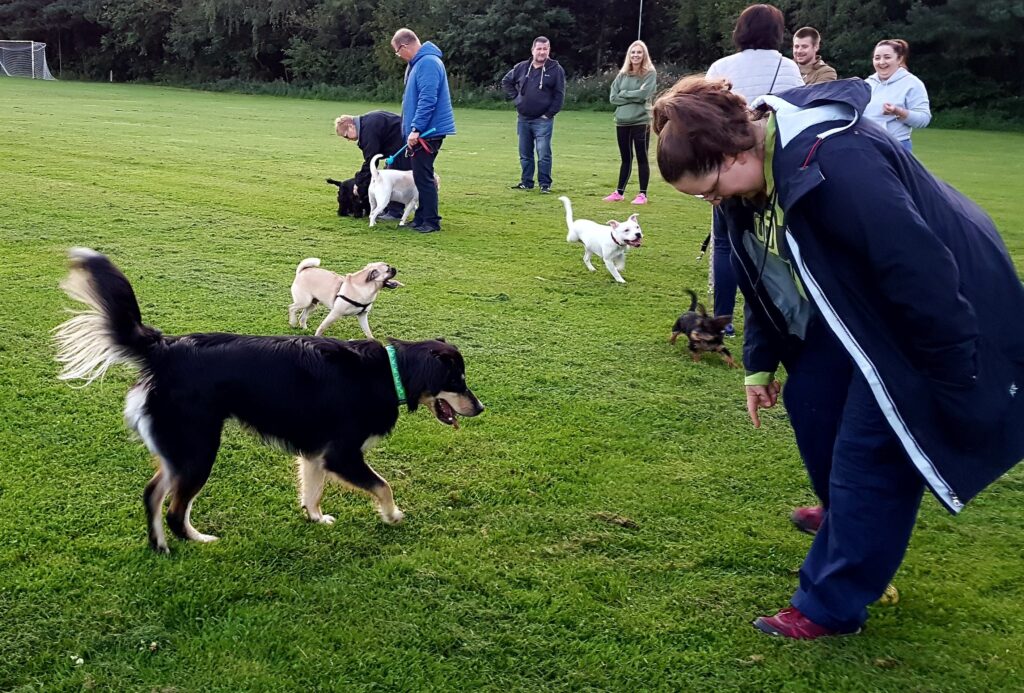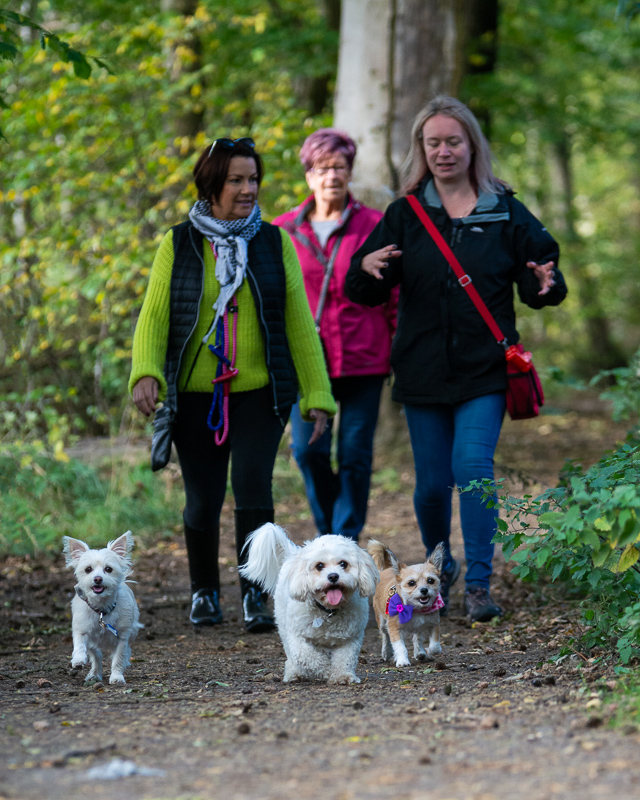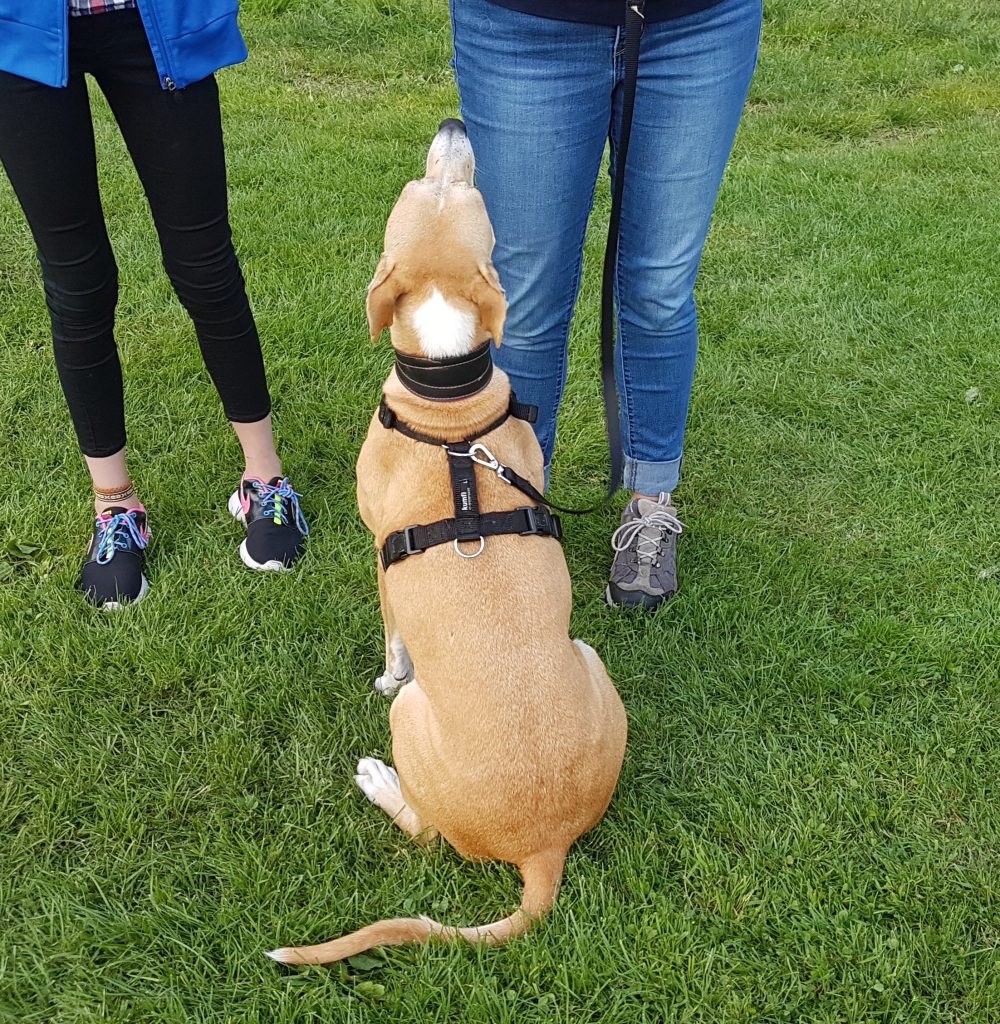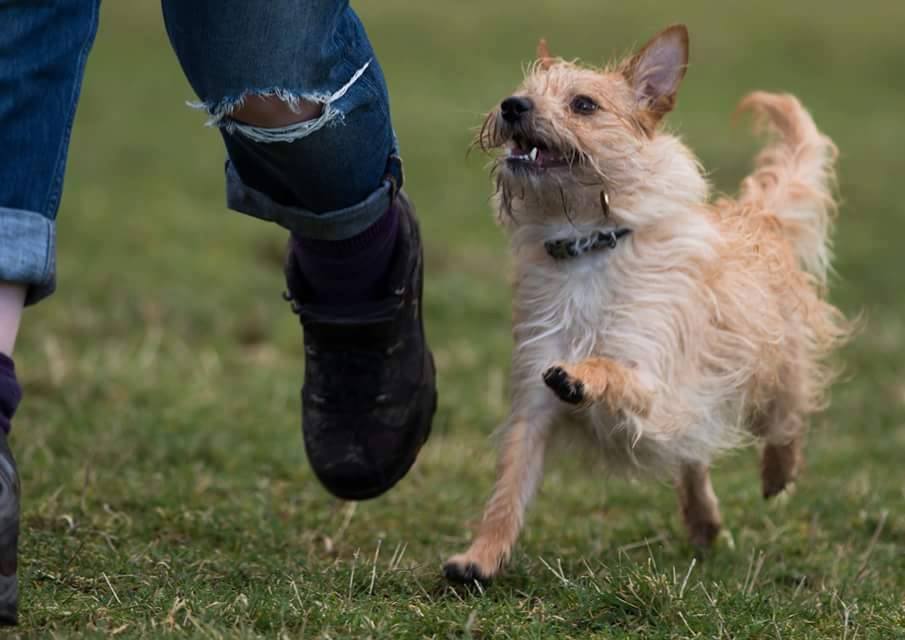Just need an hour? Power Hours are Back! Get More Info and Book Online Now…
Dog behaviour courses and workshops for the curious, struggling, or prospective dog owner.
Dog behaviour courses and workshops for the curious, struggling, or prospective dog owner.
Online Dog Behaviour Advice and Coaching
Over a series of private online sessions, I can help you solve all kinds of behavioural problem including Separation Anxiety, Reactive Behaviour, Aggression, Resource Guarding, Protective & Territorial Behaviour, Mouthing & Biting, Over Excitement, Trauma, and Anxiety. I am a rescue dog and trauma specialist, so don’t worry if you don’t know your dogs history, or anything about the behaviour, I’m very used to that. I never use harsh methods; in fact I’m often asked to undo the effects of harsh training. My techniques have been tried and tested over 20 years to not only solve all kinds of dog behaviour problems, but to also boost confidence, trust, and resilience in your dog.
Online behaviour coaching is perfect for anyone that doesn’t live locally to Dundee, it is also works brilliantly for people that prefer not to meet others in-person. The sessions are recorded for you to refer back to, so no need to remember everything, you can refer back to it whenever you need to.




Ongoing Support
Support is available throughout the rehabilitation process, and beyond. I’ll help you stay on track no matter what ups and downs come at you as you navigate the stages of the learning process with your dog. In particular, I’ll get you through the testing phase, which is the most challenging part, and often causes people to think their training plans are not working!
Get a personalised quote
Some extra FAQs for you…
I can help you with all kinds of canine behavioural problem including hyperactive behaviour, lead pulling, recall problems, aggressive behaviour, reactive dog behaviour, jumping up, mouthing, house training, separation anxiety, and all in between! I’m a rescue dog specialist, so can help you even if you don’t know anything about the dog’s history, or behaviour.
There are a few ways it differs; the biggest difference is that I’m not able to see your dogs behaviour live. To get round this I’ll ask you to make videos as we go through the process. Also sessions will be shorter, but more frequent, so you can test the training between sessions and report back. In face to face training sessions are longer as we test the techniques together in the sessions, so I’ll know straight away how your dog will respond.
Yes, of course, in fact I encourage it. I’m only ever an email away if you get stuck or have questions.
Yes, definitely. I love figuring out complex and unusual dog behaviour problems. I tend to focus on gently balancing emotion first, then tackling specific behaviours second, which makes a huge difference when working with dogs that “cookie cutter” training doesn’t work for.
I’ll ask you to make a video of the problem behaviours before our assessment session (don’t worry, I’ll let you know how to do that for the best results) so we can review it together. I’ll also ask plenty of questions, and anything you’re not sure about can be video’d in advance of our next session.
Our online sessions are via zoom, so support can be offered to you where ever you are in the UK or even the world. I’m based in Scotland so prices are in £’s and the sessions will be during normal working times in the UK.
Yes, you’ll need at least three sessions, although most problem behaviour needs four-five. The first session is your assessment, then there will be at least one follow-up, and one final session for final tweaks and next steps. The follow-up sessions are usually only around 30 minutes.
Sessions are available throughout the week, and on Sundays. Normally, I have spaces available for new client assessments at around 1-2 weeks notice. Follow-up training sessions are usually scheduled at around 2 week intervals to give you plenty of time to practise between sessions.
Yes, of course. It’s very common for dogs to know all the tricks when they are in a quiet place, but due to anxiety, reactivity, OCD, or just being easily distracted, they can’t do them in “real life”. Doing it in a class or distraction free environment might be useful to get things started, but we’ll soon progress to real life situations,
Yes, absolutely. I am based in Dundee and am happy to travel in the local area. Click here for more details about in-person training.